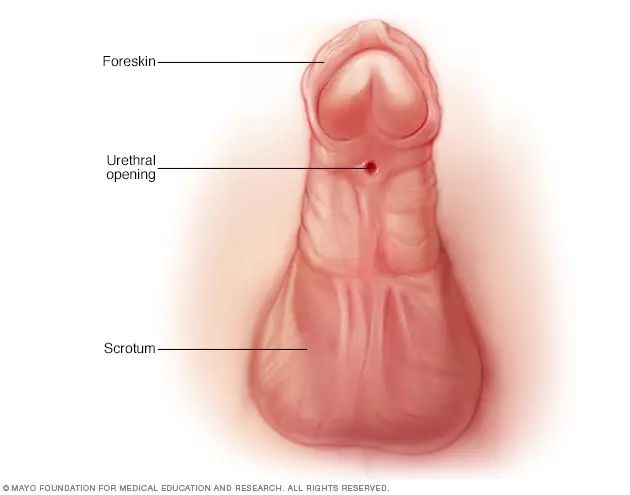Birth defects are a harsh reality that affects millions of babies around the world each year. These defects can range from mild and treatable conditions to severe and life-threatening abnormalities. Hypospadias is one such birth defect that makes people feel embarrassed and ashamed. But with the help of medical science doctors are trying to hypospadias chordee repair this health issue in people’s life. It is important to address this complication early on to prevent long-term complications and improve the overall quality of life.
What is Hypospadias & Chordee?
Hypospadias is a congenital condition that affects the male urethra, resulting in the urethral opening being located on the underside of the penis instead of at the tip. This condition occurs in approximately 1 in 250 male births, and the severity can range from mild to severe. One of the potential complications of hypospadias is chordee, which is a downward curvature or bending of the penis during an erection. Chordee is caused by fibrous tissue that develops within the penis, which can pull the penis downward and cause it to bend. This can cause difficulty with sexual intercourse and may lead to other complications such as erectile dysfunction and difficulty with urination.
Some Common Symptoms of Hypospadias
Chordee is often associated with more severe cases of hypospadias, and treatment may involve surgical correction to straighten the penis and improve sexual function. The symptoms of hypospadias with chordee can vary depending on the severity of the condition. Know the symptoms of this birth disease and get one step close to hypospadias chordee repair or treatments:
Abnormal urethral opening: The urethral opening may be located on the underside of the penis instead of at the tip.
Downward curvature of the penis: During an erection, the penis may curve downwards due to the presence of fibrous tissue in the penis.
Difficulty with sexual intercourse: The curvature of the penis may cause discomfort or pain during sexual activity, making it difficult to achieve or maintain an erection.
Abnormal spraying during urination: Due to the location of the urethral opening, the urine stream may spray in an abnormal direction.
Incomplete voiding: In more severe cases, incomplete voiding may occur due to a partially obstructed urethra.
Different Causes of Hypospadias Chordee
The exact cause of hypospadias is not fully understood, but research suggests that both genetic and environmental factors may play a role. Some of the known risk factors for hypospadias include:
Family history: Having a family history of hypospadias may increase the risk of the condition.
Genetic factors: Some studies have identified specific genetic mutations associated with hypospadias.
Maternal age: Advanced maternal age may increase the risk of hypospadias in the child.
Hormonal imbalances: Exposure to abnormal levels of certain hormones during fetal development may increase the risk of hypospadias.
Environmental factors: Exposure to certain environmental toxins, such as pesticides and phthalates, during fetal development may increase the risk of hypospadias.
Medical conditions: Some medical conditions, such as obesity and diabetes, may increase the risk of hypospadias.
Treatments Available for Hypospadias with Chordee
Observation: In some cases, mild hypospadias with chordee may not require treatment and can be monitored over time to determine if any intervention is necessary.
Surgery: Surgery is often necessary to correct severe cases of hypospadias with chordee. The specific surgical approach will depend on the location and severity of the urethral opening and the degree of curvature of the penis.
Hormone therapy: In some cases, hormonal treatment may be used to help correct mild cases of hypospadias by promoting the growth and development of the urethra.
Psychological counselling: Individuals with severe hypospadias with chordee may benefit from psychological counselling to address any emotional or psychological distress related to the condition.
It is important to note that hypospadias chordee repair is often complex and may require the expertise of a team of healthcare professionals, including urologists, plastic surgeons, and paediatricians.
Conclusion
In a nutshell, the hypospadias chordee repair will depend on the severity of the condition and other individual factors, such as age and overall health. It is important to note that many cases of hypospadias occur without any clear risk factors, and not all individuals with risk factors will develop the condition. Remember, not all cases of hypospadias will result in a chordee, and the severity of the chordee can also vary.
